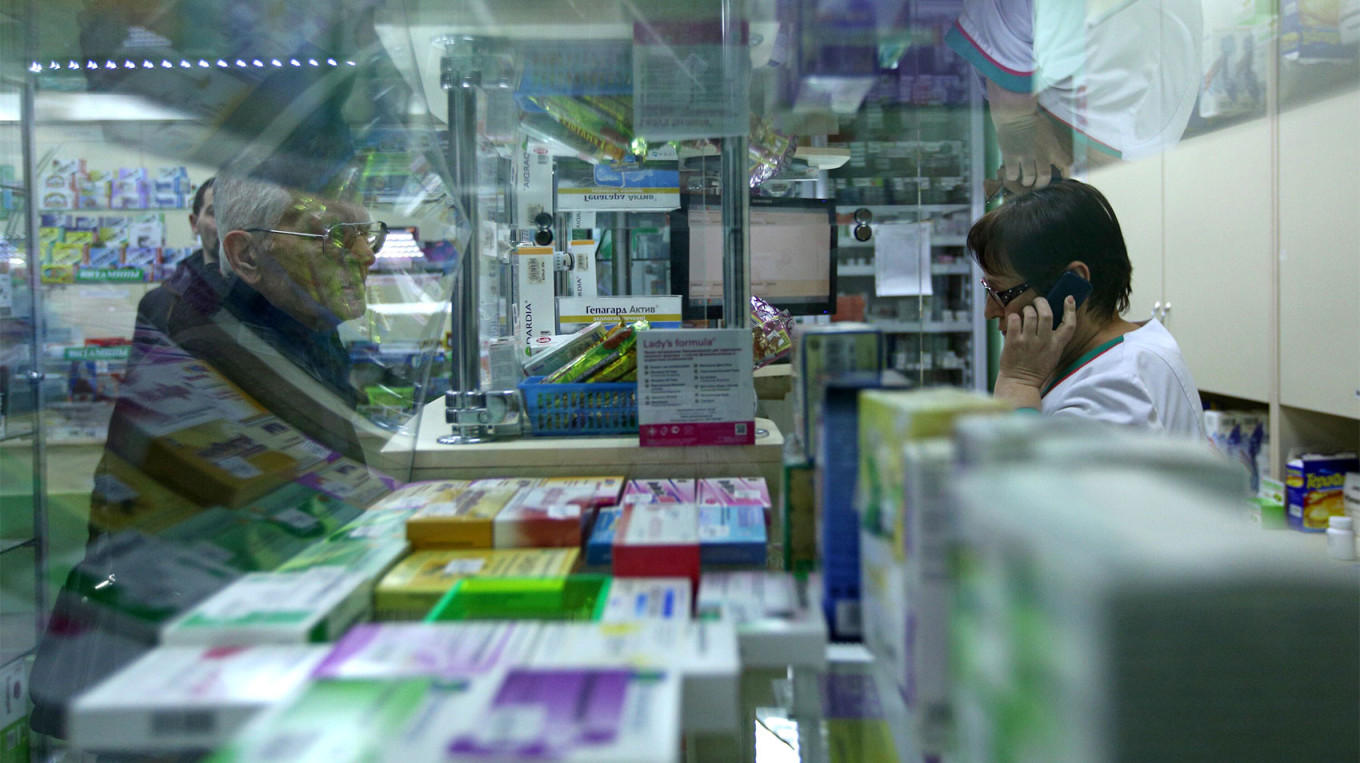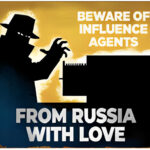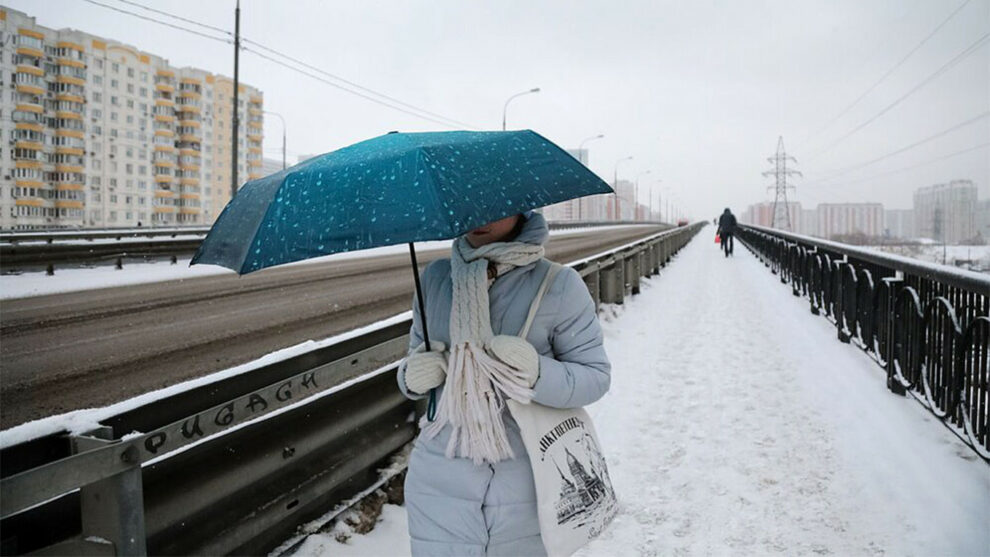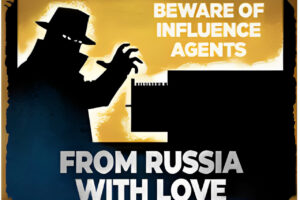Boris started taking antidepressants for the first time in his life at the end of February, shortly after Russian tanks rolled across the border into Ukraine.
The 33-year-old head engineer at a Moscow construction company had overcome a major mental health crisis during the coronavirus pandemic without seeing a doctor or taking any pills — but this time, he found that he was unable to cope on his own.
“As soon as the war started, I realized my family would have to emigrate and that we would face many struggles,” said Boris, who requested anonymity to speak freely.
“If I’d tried to solve everything without taking care of myself, it would have ended badly.”
The war in Ukraine and a “partial” mobilization drive announced in the fall by the Russian authorities have exacerbated an emerging mental health crisis, according to mental health experts, patients and experts who spoke to The Moscow Times.
At the same time, Russia has faced widespread war-related drug shortages, forcing people to go to extreme lengths to obtain the medicines they require.
While there is no official data on depression rates, a survey carried out by Moscow’s Sechenov University earlier this year suggested one in three Russians felt depressed or anxious — about the same level as 2020 at the height of the pandemic.
In addition, Russians bought 50% more antidepressants in the first nine months of this year compared to the same period of 2021, according to data from a digital labeling agency reported earlier this year by the state-run TASS news agency.
“For some people, mobilization was such a shock that it significantly changed their state of mind. Many experienced strong feelings of fear alongside feelings of unreality about what was happening,” said clinical psychologist Galina Laysheva.

While such acute reactions do not last long, Laysheva pointed out that they are often replaced by long-term conditions including chronic anxiety and depression.
Marketing specialist Polina, 35, who requested anonymity to talk about her mental health, told The Moscow Times that she sought medical help in October — and was prescribed Cipralex in combination with Xanax to help her manage anxiety and panic attacks.
“My social bubble is fairly homogeneous — everyone is against the war and everyone is terrified,” she said, adding that she knows many others who have started taking antidepressants this year.
The sense of living in a state of limbo is one of the most frequent issues for which Russians seeking help from therapists, according to psychologists and mental health organizations cited by Russian media outlet RBC last month.
Oftentimes, spikes in depression rates appear to correlate with dramatic events in the course of the conflict.
For example, Russians spent four times more than normal on antidepressants in the immediate aftermath of the February invasion and demand for psychological help services spiked after the announcement of “partial” mobilization in September.
Laysheva said typical problems were high levels of anxiety, bad moods, disturbed sleep, apathy and difficulty concentrating — as well as decreased physical and social activity.
Before the war, a longtime lack of public funding for mental health services and a wider stigma meant that many Russians, especially outside Moscow and St. Petersburg, did not seek out help for issues like these.
At the same time as depression rates have risen, however, many Russians have found it increasingly difficult to obtain the medicines they require.
Shortages have been caused by wartime supply chain and logistical problems, international sanctions and the exit of major Western pharmaceutical companies from the Russian market.
Supplies of antidepressant Zoloft (Sertraline) to Russia were suspended in October, with the local branch of multinational Pfizer claiming the suspension was due to “technical problems.” The Russian authorities said the reason was excessive demand.
Other popular antidepressants — including Anafranil (Clomipramine), Velaxin (Venlafaxine), Ixel (Milnacipran) — have also been hard to find.
“Three of my drugs have disappeared [from pharmacies] in all regions of Russia — Anafranil, Ixel, and the neuroleptic Quentiax,” said Yevgeniya, 42, an entrepreneur from Moscow who requested anonymity to discuss her medical condition. She has been taking these drugs for the past 11 years.
Desperate to secure access to the medicines she needed, Yevgeniya found a man via a Telegram chat who had a guaranteed supply of Anafranil which he was prepared to resell.
However, on one occasion, Yevgeniya did not go online for two days and the man sold the new batch of Anafranil to someone else.

“I threw myself at his feet (virtually, of course). He at last gave me two blister packs. It wasn’t enough. I had to reduce my daily dosage and it made me feel unwell,” she said.
Another option is to source antidepressants from abroad — particularly from Turkey, Georgia, Kazakhstan and Armenia, where they can be bought without a prescription and are often much cheaper.
“Three different people have brought me Anafranil SR [from abroad] in the past few months,” said journalist Daria Shipacheva, who lives in Moscow and suffers from clinical depression.
Recently, Shipacheva said she managed to find six packs of Anafranil SR in a Moscow pharmacy, although this will only last her a month.
“I don’t know what I will do then. I live in limbo all the time,” she told The Moscow Times.
Few expect depression rates to fall as long as the fighting in Ukraine continues to rage, while another round of mobilization could worsen the nation’s mental health even further.
Engineer Boris, who started taking antidepressants for the first time at the beginning of the war, finally left Russia in September, shortly after the start of mobilization.
Among other things, he managed to take a six-month supply of antidepressant Fevarin (Fluvoxamine) to his new home in Dushanbe, the capital of Tajikistan in Central Asia.
“I would love to start therapy as well,” he said.
Source: Themoscowtimes















